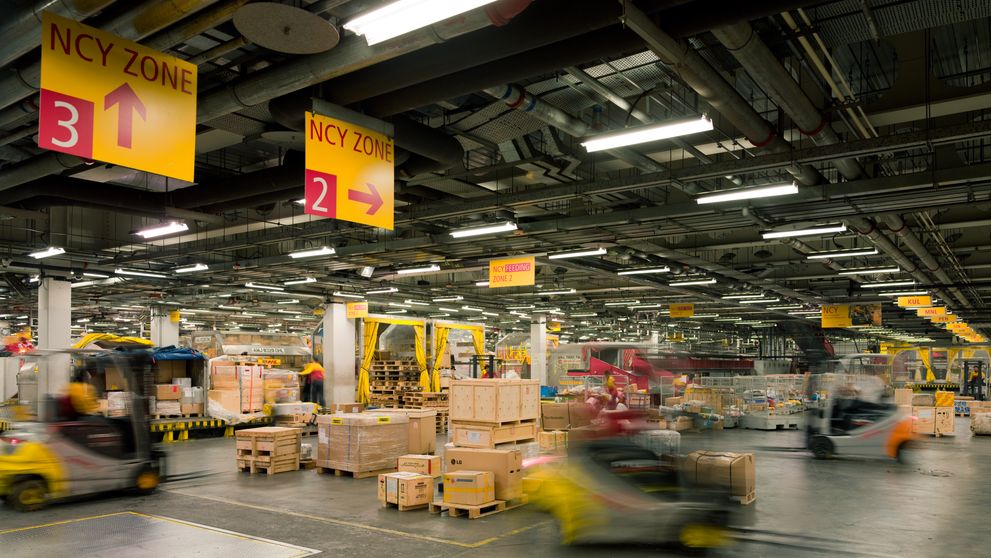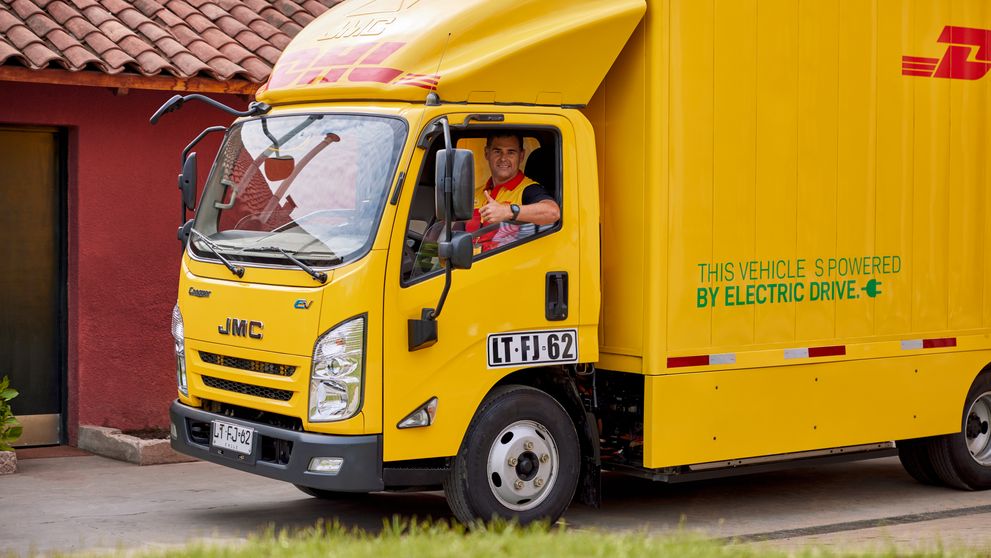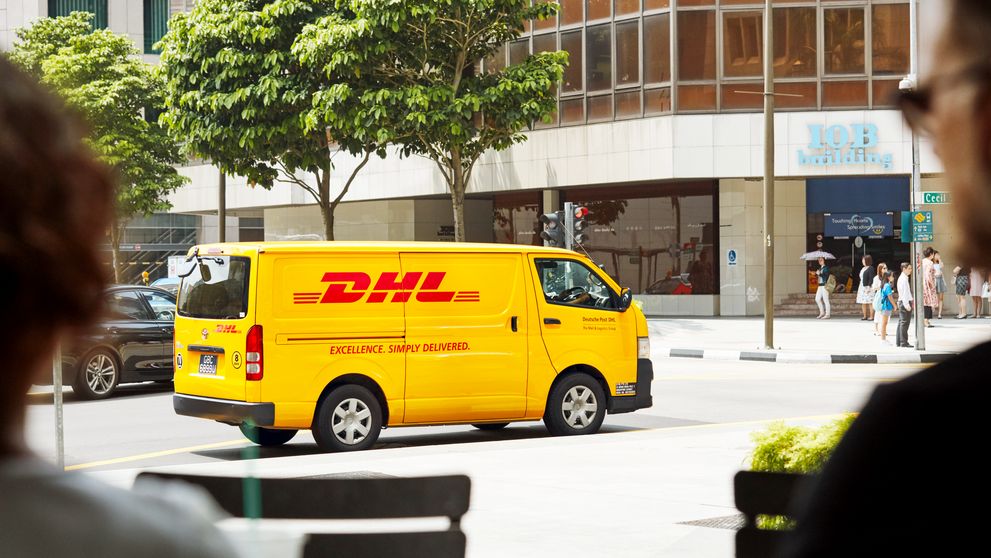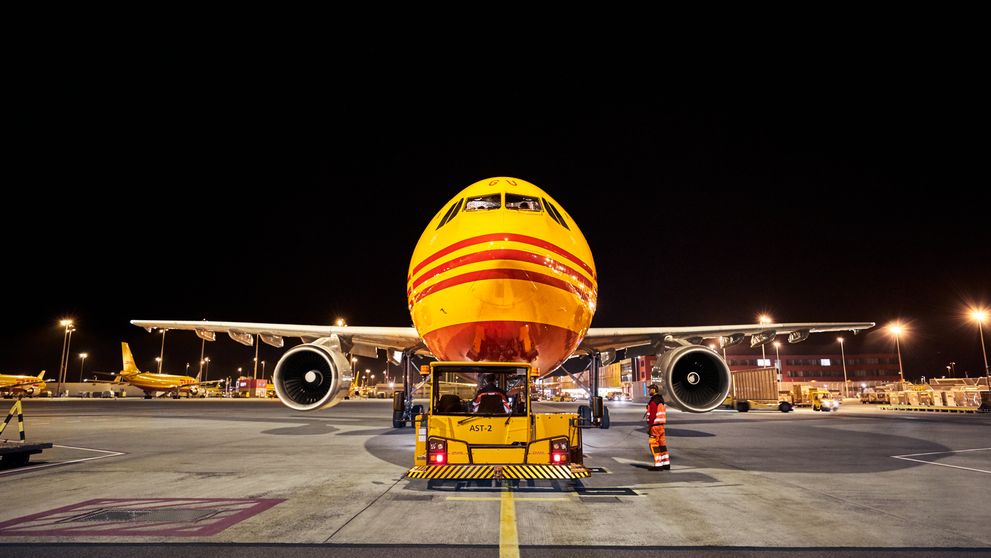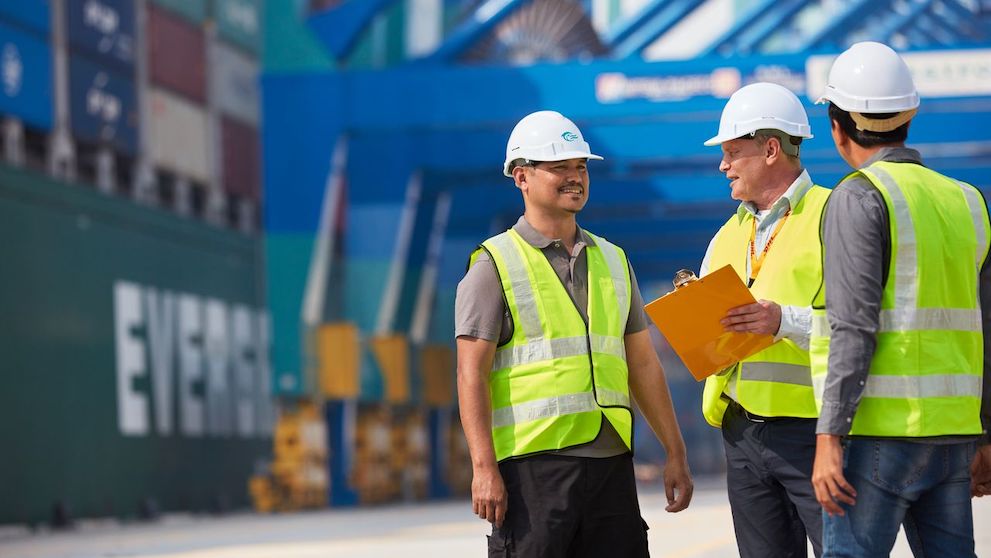It is a standard practice for companies to continually seek new trade avenues for expansion to stay ahead. However, with Indonesian markets becoming increasingly competitive, identifying and leveraging these new opportunities is not just advantageous — it’s essential for survival and growth.
According to the ASEAN Experts Group on Competition (AEGC), the level of business competition in Indonesia is on an upward trajectory. This is evidenced by Indonesia’s Business Competition Index (IPU), which rose from 4.87 in 2022 to 4.91 last year. This uptick indicates a high level of competition within the country that is only growing, underscoring the need for local manufacturers and businesses across various sectors to explore new markets for expansion. And one such promising market is Bangladesh, a growing economy with a demand for diverse products.
However, before tapping into this market, it is crucial for exporters to understand the intricacies of exporting from Indonesia to Bangladesh, such as market opportunities, trade agreements, import regulations and logistical challenges. By grasping these aspects and forming strategic logistics partnerships with trusted logistics providers like DHL Express, Indonesian businesses can gain a competitive edge in this new market.
Market research and identifying export opportunities
For Indonesian businesses aiming to expand into Bangladesh, it is crucial to first understand the local market and identify trading opportunities through comprehensive industry research. This approach helps in pinpointing sectors where demand aligns with Indonesian export capabilities, such as apparel and agricultural products.
According to CEIC, Bangladesh’s total imports recorded US$5.6 billion in January 2024, marking a growth from the previous month’s value of US$5.0 billion. Recent data from CEIC also highlights that Bangladesh’s total imports grew by 15.2% year-on-year in January 2024, signalling a robust and expanding market receptive to diverse goods.
As reported by Trading Economics, Bangladesh’s top imports consist of the following:
- Petroleum and oil (11%)
- Textiles (10%)
- Food items (9%)
- Iron and steel (7%)
- Edible oil (4%)
- Chemicals (4%)
- Yarn, plastic and rubber articles (4%)
These insights highlight the breadth of opportunities available for Indonesian businesses in Bangladesh. By aligning product offerings with Bangladesh’s trade demands, Indonesian businesses can effectively penetrate and prosper in this growing market.
Understanding trade agreements and regulations
For Indonesian exporters keen to enter the Bangladeshi market, it’s essential to grasp the trade agreements and regulations governing exchanges between these regions. A thorough understanding of legal trading frameworks, like free trade agreements, not only ensures compliance but also maximises the benefits of shipping cargo to Bangladesh from Indonesia.
One key agreement is the Preferential Trade Agreement Among Developing-8 Member States, which includes a list of countries such as Bangladesh. Signed in 2006 and implemented in 2011, this trade agreement facilitated a gradual reduction in tariffs, which ranged from 25% to 10% on various products imported and exported within these member states. Furthermore, as of September 2023, Indonesia and Bangladesh were negotiating Preferential Trade Arrangements to bolster trade cooperation. These negotiations represent a promising avenue for new opportunities, potentially easing access and strengthening economic ties between the two nations.
Moreover, understanding import procedures and regulations is crucial as these regulations can vary widely depending on the type of goods. These regulations can also encompass everything from standard customs duties to specific restrictions. For instance, it is mandatory for importers in Bangladesh to submit documents to the country’s Import Control Authority concerning the price paid or payable for imported goods.
While it may be daunting for Indonesian exporters to navigate these regulations, partnering with an experienced logistics provider such as DHL Express can ensure effective management of all compliance aspects, from navigating the intricacies of customs clearance to adhering to local and international shipping regulations, thereby facilitating smoother and more reliable trade operations.






